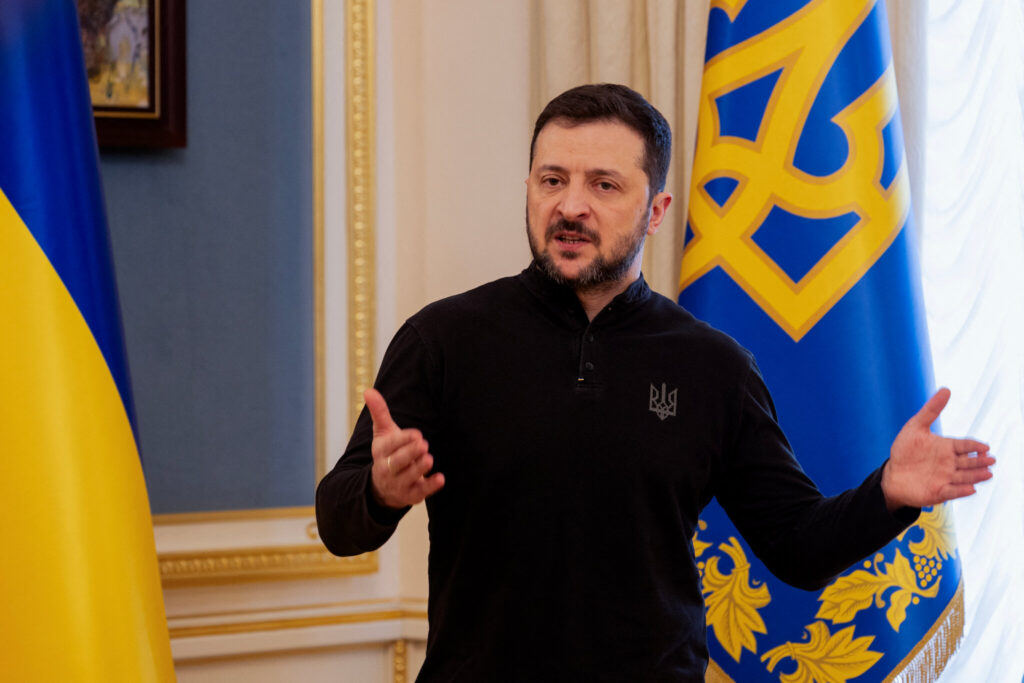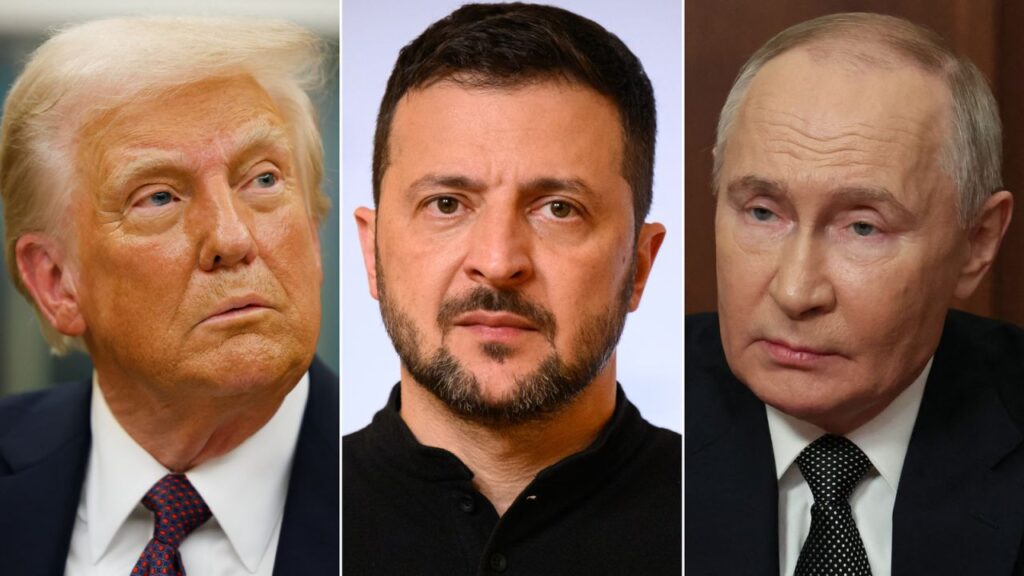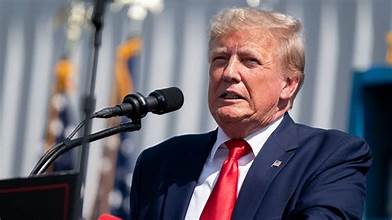Former U.S. President Donald Trump has once again positioned himself at the center of international diplomacy by briefing Ukrainian President Volodymyr Zelensky and several European leaders about his recent discussions with Russian President Vladimir Putin. The move highlights Trump’s continued influence on global politics, even as he remains outside formal office, and underscores the fragile state of international relations shaped by the ongoing Russia-Ukraine conflict.
Background of the Meeting
The war in Ukraine, now stretching beyond two years, has deeply affected not only the region but also global security and economic stability. With the West heavily backing Kyiv through military, financial, and humanitarian aid, Russia continues to pursue its strategic interests despite facing extensive sanctions and global condemnation.
In this high-stakes environment, Trump’s outreach to Putin — and his subsequent briefing to Zelensky and European counterparts — has drawn considerable attention. It demonstrates a potential attempt to position himself as a mediator, possibly with an eye on the U.S. presidential race, while also keeping his foreign policy persona alive.
Trump’s Communication with Putin
According to sources close to the matter, Trump held a private exchange with Putin focused on the war in Ukraine and broader global security concerns. While the exact details remain undisclosed, it is believed the discussions touched on the possibilities of de-escalation, prisoner swaps, and potential paths toward a negotiated settlement.
What stands out is Trump’s decision to share these insights with Zelensky and European leaders soon after. This reflects an effort to assure Kyiv and the West that he is not undermining their stance against Russian aggression, but rather exploring ways to bridge divides.

Why Zelensky Was Briefed First
Trump’s move to inform President Zelensky ahead of broader European consultations is politically significant. Zelensky has been at the heart of U.S. foreign policy discussions for years, particularly since the start of the Russian invasion in February 2022. By briefing him first, Trump sought to maintain credibility with Ukraine’s leadership, ensuring that any potential diplomatic maneuver does not bypass the nation most affected by the conflict.
This also serves as a message to global audiences: Trump is aware of Ukraine’s sovereignty and is treating Zelensky not merely as a participant but as a primary stakeholder.
Reaction from European Leaders
European leaders reportedly received Trump’s updates with cautious interest. While some see his involvement as a potential supplement to official diplomatic channels, others worry it could complicate existing efforts led by the U.S. government, NATO, and the European Union.
Many European capitals remain wary of Trump’s unconventional diplomatic style. His earlier presidency was marked by friction with NATO allies, skepticism toward European commitments, and a unique approach to U.S.-Russia relations. As a result, his re-emergence in this context stirs both curiosity and caution.
Implications for U.S. Politics
Trump’s interactions with Putin, and his subsequent communication with Zelensky and European leaders, inevitably feed into U.S. domestic politics. With the presidential election season heating up, Trump may be using these moves to showcase his international leadership credentials.
His supporters argue that Trump is the only figure capable of brokering peace between Moscow and Kyiv, citing his history of engaging directly with world leaders. Critics, however, accuse him of overstepping, undermining official U.S. diplomacy, and potentially sending mixed signals to allies and adversaries alike.

Ukraine’s Position
For Zelensky, Trump’s outreach is both an opportunity and a challenge. On one hand, having Trump acknowledge Ukraine’s central role in the conflict strengthens Kyiv’s international standing. On the other, Zelensky must tread carefully to avoid signaling any divergence from ongoing negotiations with current U.S. leadership under President Joe Biden.
Ukraine has consistently insisted that no deal should compromise its sovereignty or territorial integrity, particularly regarding regions annexed or occupied by Russia. Thus, any discussions involving Trump or other external players must align with Kyiv’s red lines.
Potential Impact on the Conflict
While it is too early to judge the tangible impact of Trump’s talks with Putin, the fact that they occurred at all suggests that informal diplomatic backchannels remain active. History has often shown that unofficial dialogues can lay the groundwork for future breakthroughs, even if initially dismissed as symbolic.
If Trump’s involvement creates fresh momentum toward dialogue, it could offer a new dynamic in resolving the conflict. However, if it clashes with existing efforts, it may deepen divisions and complicate trust between allies.
Conclusion
Trump’s decision to brief President Zelensky and European leaders about his talks with Putin highlights both his continued relevance on the world stage and the sensitive nature of international diplomacy. While it remains unclear whether these discussions will translate into concrete progress, they have already sparked debate about leadership, influence, and the direction of Western policy toward Russia.
In an era where war, diplomacy, and politics are deeply intertwined, Trump’s latest move underscores the reality that even out of office, former leaders can still shape global narratives. Whether this intervention proves constructive or disruptive will depend largely on how the U.S., Ukraine, and European allies choose to engage with it.



